THe Primary Source Newsletter Fall 2022


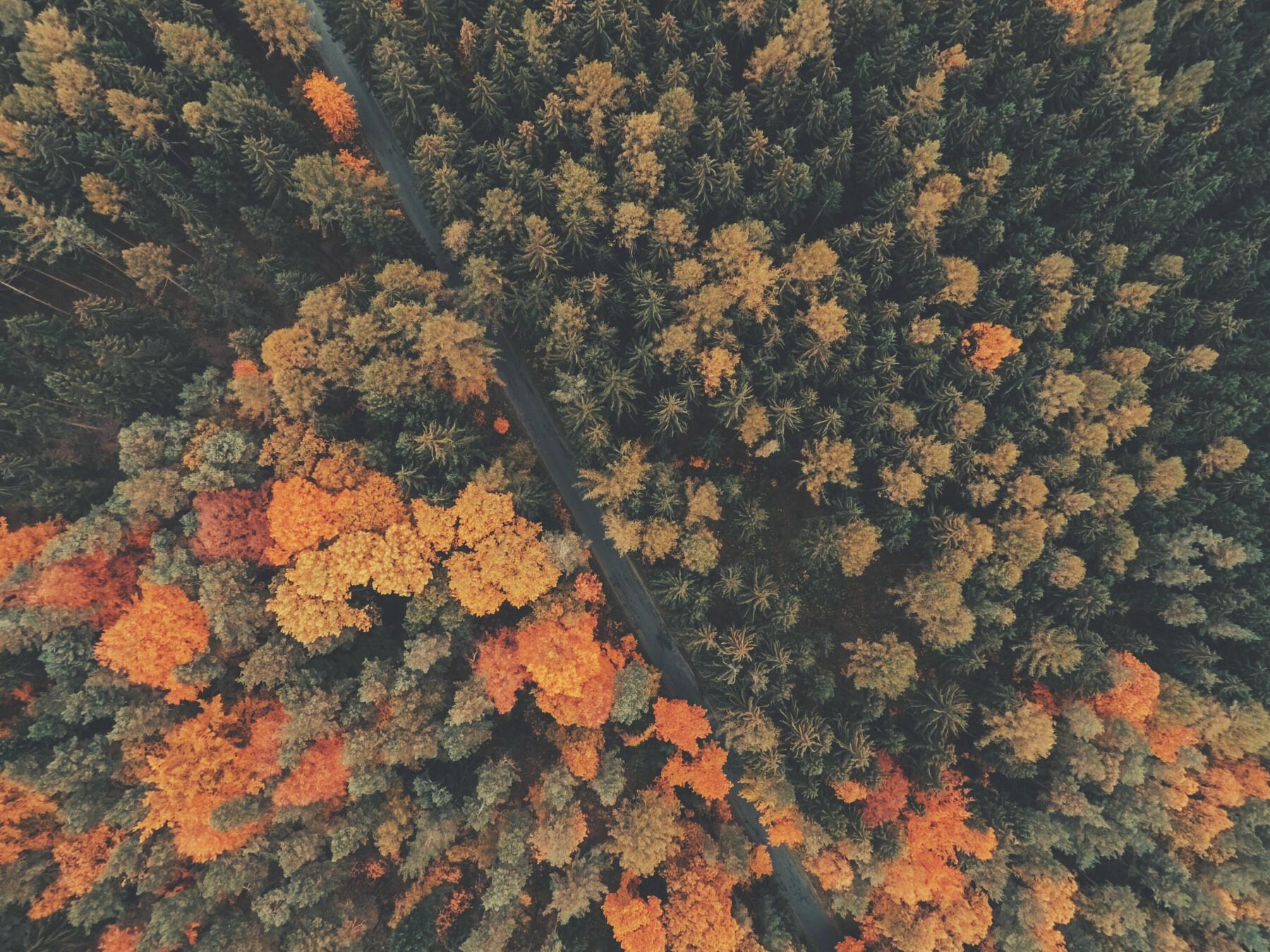 By Edward Payne and Kierra Smith The Department of History
By Edward Payne and Kierra Smith The Department of History

Faculty News and Publications Page 1 New Affiliated Faculty Page 2 New PHD Students Page 4 Is Graduate school right for you? Page 7 Phi Alpha Theta Page 8 Table of

Contents Women'sCenter:Celebrating50 Years Page10 StudyingAbroadwithDr.Roy Page12 HiroshimaSymposium Page15 LetterFromtheEditors Page16 FacultyThankYou Page17
“History is instructive. What it suggests to people is that even if they do little things, if they walk on the picket line, if they join a vigil, if they write a letter to their local newspaper… Anything they do, however small, becomes part of a much larger sort of flow of energy. And when enough people do enough things, however small they are, then change takes place.”
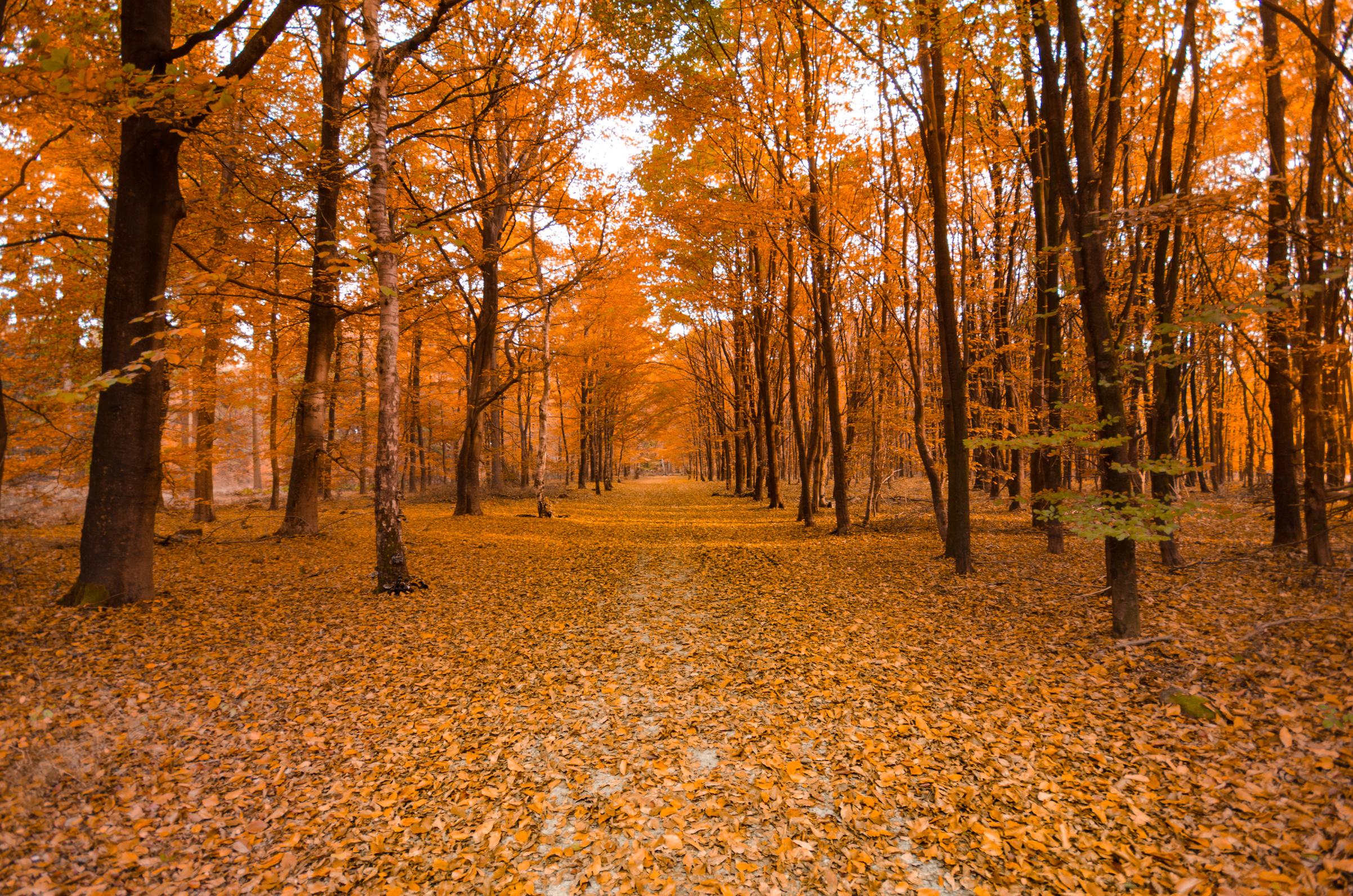 ~Howard Zinn
~Howard Zinn
FacultyPublications

Dr. Fox-Amato was invited to be part of a roundtable discussion with Yale’s Gilder Lerhman Center for the Study of Slavery, Resistance, and Abolition about Deborah Willis’s book, The Black Soldier: A Visual History of Conflict and Citizenship. The conversation will be published in CivilWarHistory in December 2022.
Dr. Kyong-McClain presented a paper, "Religion and Secularity at Chengdu's Protestant College," at the Mapping Religious Diversity in Modern Sichuan symposium at Loyola University Chicago in September.
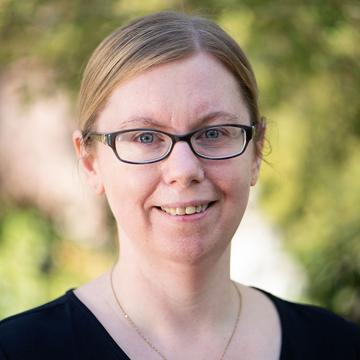
He also recently published book reviews in Historyof AnthropologyReviewand AsianPerspectives: TheJournalof ArchaeologyforAsiaandthePacific.
Dr. Roy has a chapter – “Exchanging Memories: Coins, Conquest, and Resistance in Roman Iberia” – coming out next year in an edited volume titled CulturalMemoryinRepublican andAugustanRome (Cambridge University Press). Professor Roy’s book – CirculatingTriumph:ConquestImageryandits ReceptionintheRomanRepublic – should be out in Spring 2024.
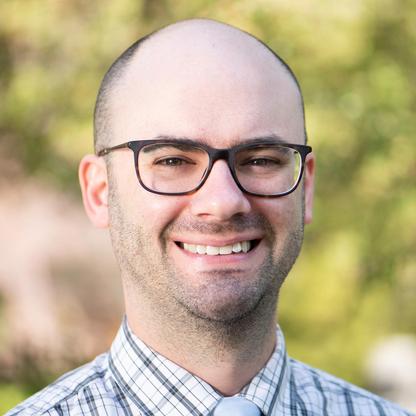
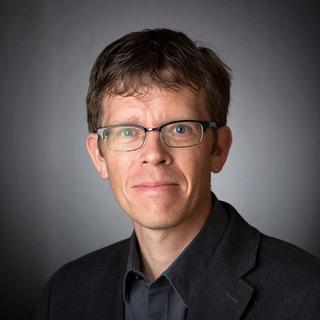
Fall 2022 | The Primary Source
1
NewAffiliatedFaculty
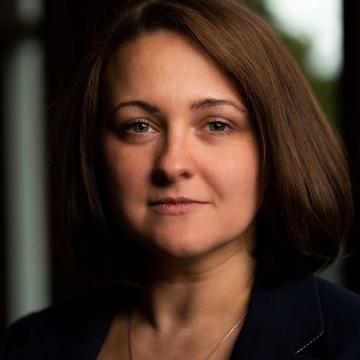
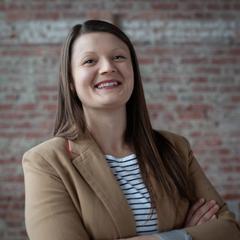
l collections as the istorical of Special xtensive One thing dents and faculty she in the historic field. Really sharing history with akes social and relational work. There will ’t agree with but still want to connect with, and making a relational connection rather than an king in a larger institution to be enlightening, d experience with students and faculty. She sors on campus and she forms an unlikely bridge ld otherwise not connect. That being said, Dulce et with anyone who has interest or questions e a lot of unexpected duties to think about in ars of experience to share with anyone
Coming from the Theater Department, Sarah Campbell teaches affiliated classes for both the history and theater department, serving to create a stronger connection between the two. Having majored in theater, folklore and anthropology, her studies largely consist of much of what historians study but in the specific context of theater. Her course list includes theater historiography, world theater history, queer theater, and a few others. Campbell also works in the field of Dramaturgy, which is the conducting of historical and contextual research for theater productions, and the specific class she teaches is called Dramaturgical Acts. Campbell is excited for collaboration with members of the history department because she finds it’s meaningful to contribute to and support one another’s work. She also loves having history and theater students in the same classes because of what they have to teach one another.

2
NewAffiliatedFaculty

Campbell is currently working on a study of Yucatec Maya Language theater and Indigenous theater in 20th and 21st century Mexico. She hopes for a three week study abroad opportunity that could happen this summer, allowing her to take her students to locations around Mexico for theatrical and historical research.
Caitlin Cieslik-Miskimen primarily works in JAMM, Journalism and Mass Media, and she has just entered her fourth year at the UI. Cieslik-Miskimen noted that she has loved having history students in her JAMM classes, and many of the students she advises double major or minor in history to some extent. Cieslik-Miskimen earned her PHD in journalism, but she minored in history, making her the perfect candidate for history affiliated faculty. She enjoys teaching courses that build on journalism, advertisements and historical representation in mass media, and how those communication systems have developed over the years. Currently, Cieslik-Miskimen is working on an article that is under revision and in consideration for a journal; its focus is on small urban city newspapers in the United States in the 20th century and what we have to learn from newspapers of bygone years. It also focuses on elements of the settlement and booster press which has largely been an understudied part of media history. Cieslik-Miskimen loves teaching history classes, and particularly teaching students about the connection between media and history. All three affiliated faculty would love to answer any and all questions and get to know the history department. They can be reached at:

Fall 2022 | The Primary Source 3
(continued)
dulce@uidaho.edu sarahcampbell@uidaho.edu caitlinc@uidaho.edu
NewPhDStudents
This year the Department of History gained three new PhD Students. We had the opportunity to speak with them earlier this semester about their background, what drew them to U of I, and some of their goals for the future. They were also kind enough to offer some advice, tips, and experiential knowledge for students that might be interested in graduate school. Join us in welcoming them to the University and if you pass them on campus be sure to say Hi.
Ericha Sappington discovered her passion for History and anthropology as an Undergrad at Boise State. She went on to receive her MA in Historic Archeology at the University of West Florida and now is among 3 others pursuing their PhD’s here at the University of Idaho.
I asked Ericha if she had any primary goals and questions that she would like to answer while pursuing her PhD and she stated that although she was just getting started, she would like to build upon the foundation of her previous work from her MA that focused on Spanish forts between 1633-1821. Much of her original interest was in military history, and this is currently shifting more towards “interest of the people on a more personal level, investigating the ‘the human factor.’” Speaking specifically of the American West, Ericha noted that “you have all these people, European immigrants, men, women, Native Americans and more, all interacting with each other and the subtle nuances of these interactions might get lost in the general retelling of that history.” With a background in psychology, Ericha noted the overlap between history and psychology and how she might apply this, stating that “one of the important things about anthropology is that if you are drawn to it, you like that intersecting approach to begin with. You are interested in other cultures/perspectives.”
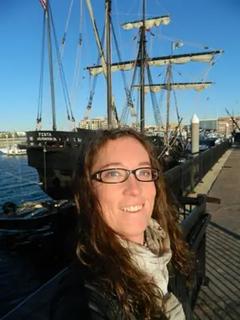
Speaking of a defining moment, Ericha stated that it was “when I really got into the primary document sources and start[ed] to see the names of people, their ages and where they are from” that prompted her decision to pursue her PhD as an archeologist. “This is the kind of human aspect that [tends to] get lost in the shuffle and see[ing] them as people and not just names, dates and facts and to tell their story” sparked her interest and curiosity.

On pursuing her PhD at U of I, Ericha stated that in contrast with other institutions who may have 100+ PhD candidates, U of I’s smaller program size allows the benefit of working one on one with experts in their field. The level of cooperation, interest, and support is something that one often sees drop away once you get into larger programs. In short, “They give you a lot of attention to make a name for yourself and not get lost in the shuffle.”
*Shortly after our conversation Ericha notified me that she received clearance to begin her dissertation about Fort Walla Walla, an exciting development in her PhD journey.
4
PhDStudentsCont.
KT Turner moved to Idaho from SE Louisiana four years ago. She just graduated with her master's degree in theatre history and is currently pursuing her PhD in history with a specific focus on theatre history. In addition to her PhD work, KT is also the Women's Center’s 50th anniversary intern, working on several projects such as oral histories with people who have been a part of the center as well as exhibit work.
Speaking of what drew her to theatre and theatre history in particular, KT noted the unique way humanity and human emotions can be explored at “such a visceral level” through theatre. One of her primary interests is “Identity studies and how people and different cultures use theatre performance and ritual as identities through the
years.” I asked KT how this might translate to the study of history, to which she responded by stating that “I use skills learned through theatre to step out of myself. This influences “the way I see the world and look at this time period, who was there, what was it really like, really put myself there.” In doing so, it has allowed her to “really take that extra step and contextualize situations, events, and people” in a deeper and more meaningful way. This deeper level of understanding “gives primary sources and histories new meaning.”

KT, a first-generation graduate student, also detailed her experience navigating graduate school. "I was that child that always wanted to be a doctor, I just didn’t know what kind.” Her first degree was in Biological Sciences with an emphasis on forensic entomology as well as minoring in theatre. But “I [was also] really unhappy, I was following other people's dreams for my life.” Ultimately, she made a drastic shift. Leaving the medical field and focusing more on her passions theatre and history. “The dream remained, it was just a different subject… and it was so much more fitting.” Although today she describes it as a dream this does not mean that it was always an easy journey.
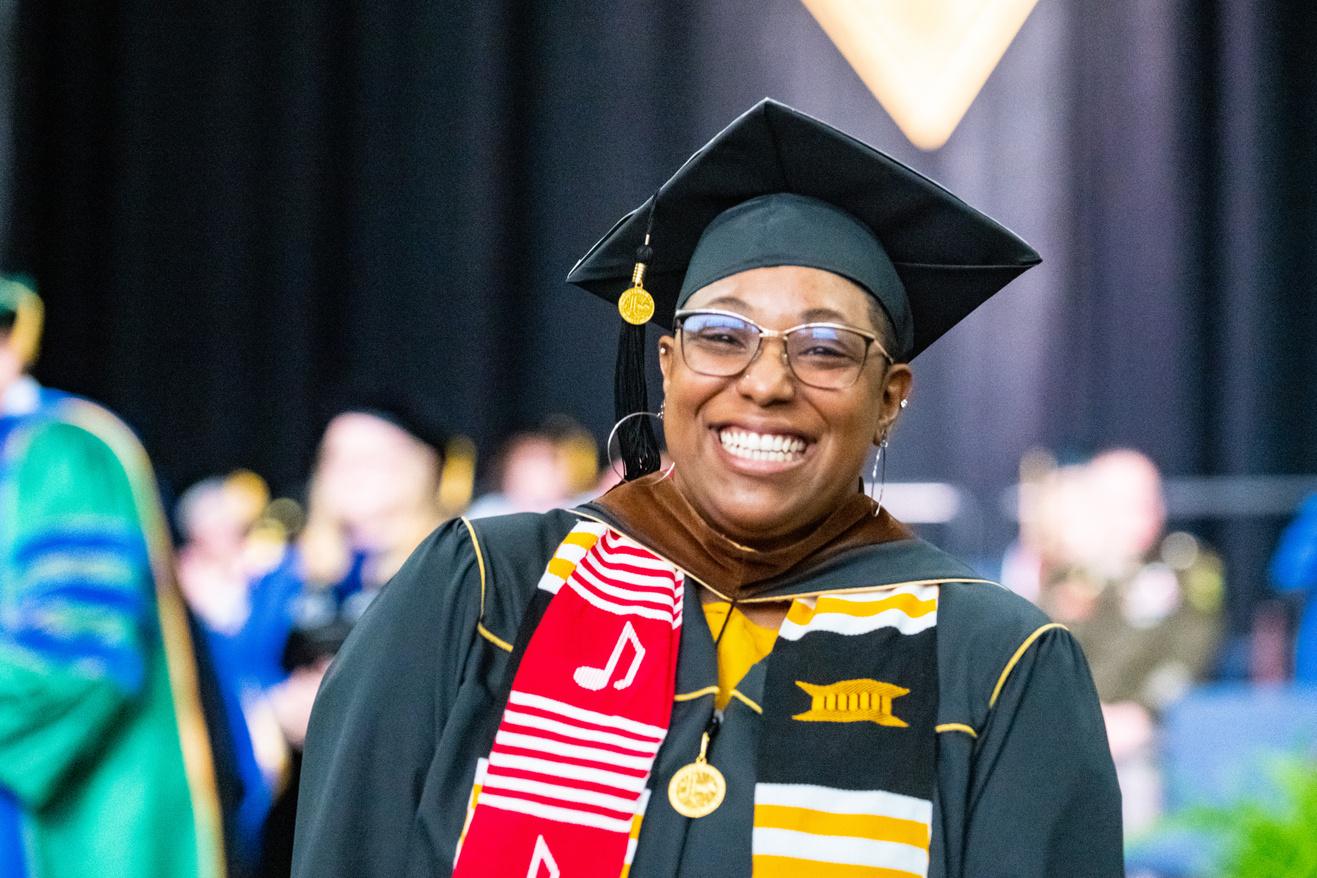
When I asked her how she managed to balance work, grad school, and life in general she laughed and responded, "What is balance?” On top of an already heavy, and often hectic course load, she was a TA for Comm 101, teaching 3 sections every semester. She was also a directing student, working on at least one show a year that she was actively directing in addition to working in other positions such as design and acting. She was also actively involved in regional conferences. All that arduous work paid off and, in the end, “It worked, I made it, I’m alive, and I got a fellowship so I can focus on learning before getting back to teaching.”
KT was also kind enough to offer some advice and wisdom for students who are currently or plan to continue on to graduate school. “Make sure that you are finding the place where you'll grow. Look at the faculty, look at what they've written, what they've done, who they are as a person.” “Go in humble and open to new experiences.” You are going to learn a lot, meet a lot of new people, cry a lot, and this experience should change you in the very best ways. You are not just graduating with an academic degree; you will graduate knowing way more about who you are as a person. This is what I think grad school is all about.”
Fall 2022 | The Primary Source 5
PhDStudentsCont.
Stephen Austin has spent the past 8 years working as a historian in cultural resource management in Olympia, WA for the Washington State Department of Transportation. During this time, he found himself working primarily among archeologists, and although he spoke fondly of this time, his wife and him decided they were ready for a change. Originally from Texas, the couple also wanted a little break from the rain in Western Washington. Remembering a conversation between himself and the chair of the History department at his graduate school, Texas State University, San Marcos recollected how the chair of the Public History Program department had “given me the low down about some interdisciplinary moves between history and archeology. So, when I discovered historic archeology and that the U of I had a well-known archeology department, I thought this would be
a perfect place to look into.” After speaking with his colleagues who, despite attending a variety of institutions from Arkansas, WWU, and WSU, all knew of Lee Sappington and spoke highly of the U of I as a great institution for archaeology. Ultimately, Austin decided to apply and was accepted into U of I’s PhD program.
With a career already in the field, I asked Stephen why he chose to pursue a PhD now. He stated that “I want to explore some of my own personal interests outside of public history and cultural resources… I want to branch out and try to be a little more interdisciplinary, as this is the way things work in the real world, everything is interconnected.” He also noted that there was some “personal pride and familial encouragement [in addition to] expanding my skill set beyond my current career.”
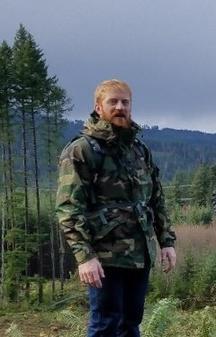

Speaking to those who might be considering graduate school, Stephen provided some advice that has been mentioned in one way or another by all the PhD students that we spoke with. This was, "If you think this is something that you want to spend your time doing, be open to possible avenues that you had never explored before. But when you find something that feels right, something that you want to explore, get focused and think about what the end goal is.” He also added a touch of practical realism, mentioning that it is important to consider what you want your life to look like in the future, as this will have a great deal of influence on what sort of work you will be willing to take. He also made it a point to note the importance of being creative, resourceful, and optimistic when it comes to paying for your degree. “I would stress to a lot of people that college does not have to be expensive if you go out and look for opportunities. There are a lot of opportunities for those who are interested and have the knack to want to learn.”
Stephen also spoke of some of the challenges that come about pursuing a PhD while still working full time and raising a child. Much of his ability to balance his education and life to one key attribute, effective time management, and a supportive spouse. This is something that is always going to be tough, but you learn it along the way; “I always said, “treat it like a job and it will go a lot easier. You will thank yourself later.”
6
IsGraduateSchoolRightForYou?
By Edward Payne

Choosing whether to continue your education into graduate school and beyond comes with many pros and cons. For many it is largely dependent on future employment plans, while for others it may simply be a matter of following their passion. Regardless, it is an important choice and one that should be made with as much information available as possible.
Here I will give the same advice that was given to me as I am in this very situation right now.
Make a list of jobs, actually 3 lists. The first being jobs that you would love to have, dream jobs if you will. The second will be jobs that while they may not be your dream job, you will be content with and will cover your needs (financial, location, schedule, etc.) The last list will be jobs that you will absolutely not do. This will give you a starting point on what to consider as far as what education level particular employers are looking for. The last list is mainly there to set concrete boundaries as to what you will not do as well as helping to filter out the “noise” when trying to determine what it is you want to do.
While you can take out student loans there are also a number of other ways to finance your degree, many of which don't require you to sell your soul to a lender.
You can apply for scholarships and grants both through the University as well as other institutions and private organizations.
In some cases you might be able to get funding from your employer. Many times an employer will put up the investment into your education that serves as a mutual benefit for both you and the company. Since many history students end up teaching in either primary or secondary education, it is important to note that many school districts will pay for you to earn your degree. You can also work in a graduate assistantship where you work as a teaching or research assistant. This not only helps with finances, but you are also gaining considerable experience in the field. You can also take out a personal loan, oftentimes at a lower rate than student loans There is always saving money the good ol' fashioned way. While this might seem like a long shot, think of addressing finances from all fronts. Say you saved a percentage of your income from working summers and part-time during the year throughout undergraduate school, received a grant, and applied for a research assistantship; you might be much closer to having your tuition covered than you initially thought.
That's ok. I’m right there with you. This is the time to channel your inner octopus and put as many feelers out there as possible. Are you interested in the one job that only requires a bachelors, but needs 2+ years experience? Apply anyways. Maybe law sounds like a good career? Fill out an application. Look into grants, and scholarships. Offer your time for volunteer opportunities or paid internships. Use this time to try and get as many options at your disposal. You want to try to cast a wide net so you can be more empowered when making a choice.
Fall 2022 | The Primary Source 7
ButIgraduatethisSpringandIhavenoideawhatIamgoingtodo!!!
Phi Alpha Theta
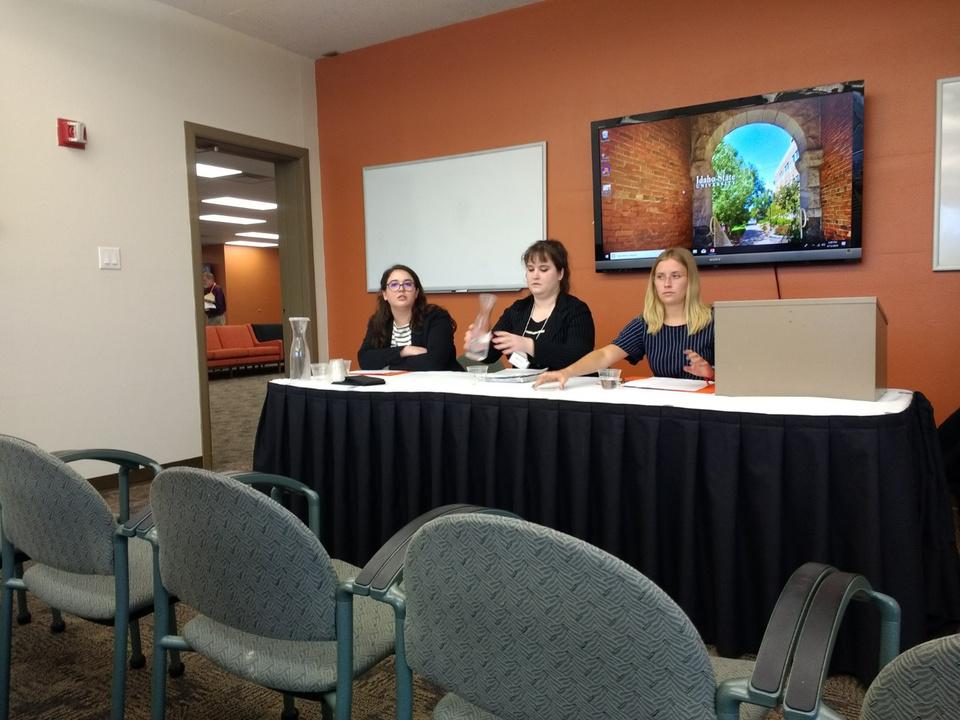
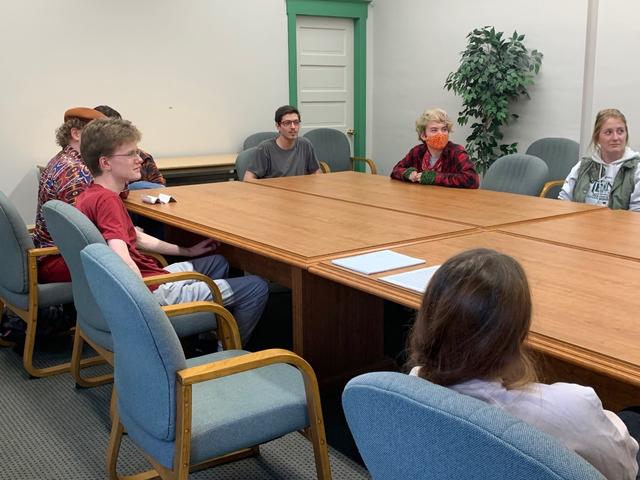
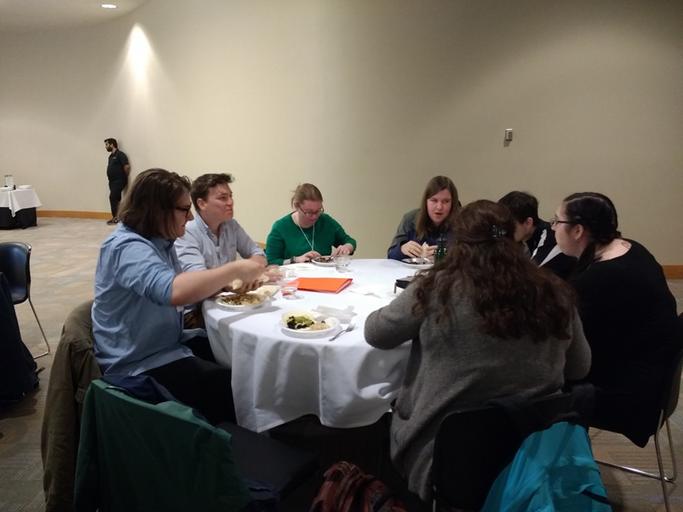
Phi Alpha Theta is a great way to connect with fellow history students and professors. It’s beneficial to have opportunities to connect with other history majors who understand the primary research endeavor and may have tips for newer history students. Building connections is what Phi Alpha Theta is all about, making a community within universities between history majors and professors, creating a more inviting environment within the history department. Once part of the PAT honor society, the membership is for life. That includes access to regional conferences and the newsletter, and connections to the multiple national chapters.
-Margaret Ston

8
ΦΑΘ
Requirements:
-Undergraduates must have a minimum of 12 semester hours (4 courses) in history, achieve a minimum 3.1 GPA in history and a 3.0 or better GPA overall.
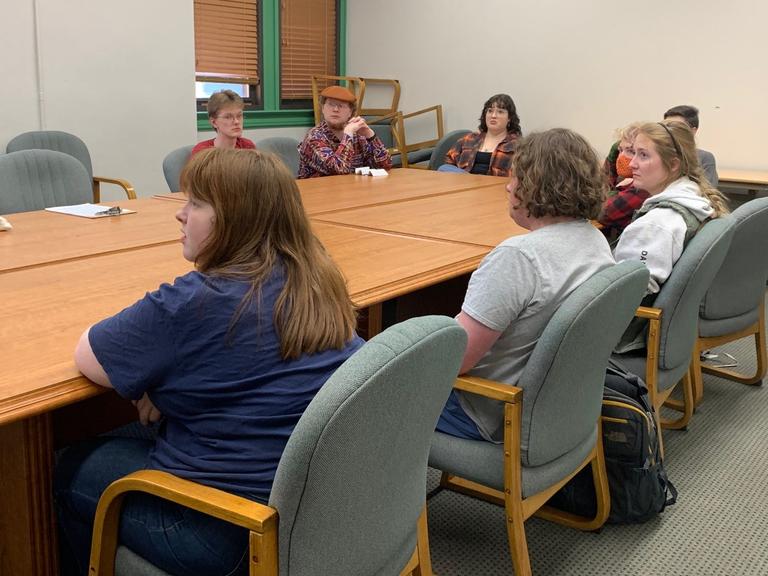
-Graduates should have completed a minimum of 12 semester hours toward their master’s degree in history, have a GPA of better than 3.5, and shall have completed approximately 30 percent of th residence requirements for the master’s degree.
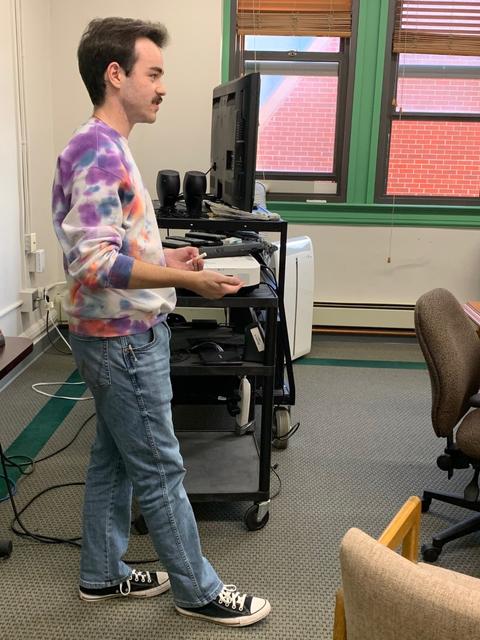
-Students do not have to be a history major to apply.
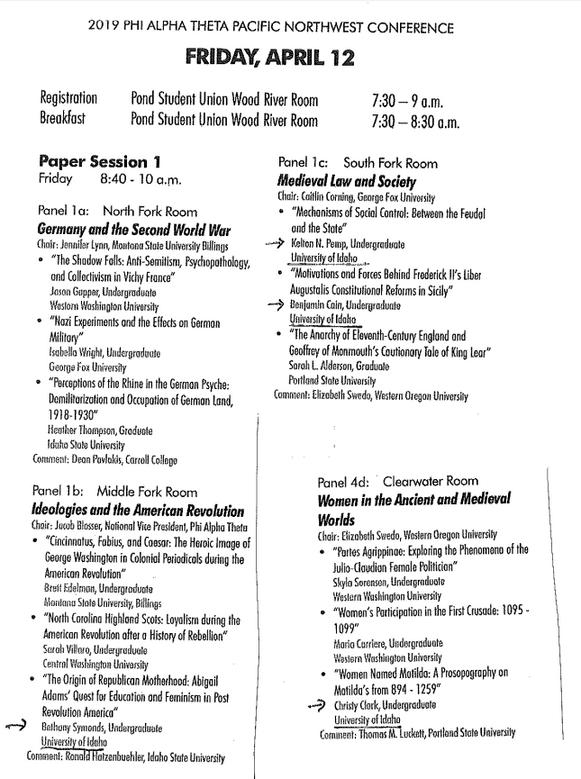
-*$40.00 initiation fee covers lifetime membership
For more information please contact the U of I's chapter advisor: Dr. Ellen Kittell - kittell@uidaho.edu

mary Source 9
Celebrating50YearswiththeWomen's Center
By Edward Payne

This year the University of Idaho’s Women's Center is celebrating its 50th year serving as a “vehicle for long-lasting change affecting many aspects of the lives of women on campus.”(Women’s Center Website) Throughout the year the Women's Center will be holding events, speakers, opportunities for discussion. A full list of events that are scheduled to take place can be found by scanning this fancy QR code conveniently located to your right.
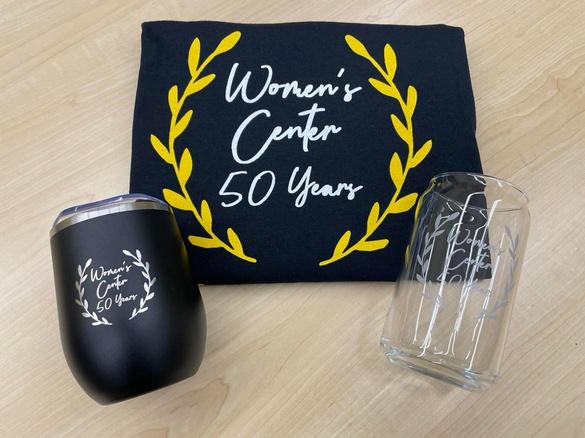
The Women's Center at the University was stituted in 1972 rooted in supporting women udents at the University. While the center still cuses on supporting students today, its role as the Women’s Center has grown “to [also] provide a urce of support and connection for faculty, staff, nd community members.” Director Lysa Salsbury so made it clear that despite being the “women's” nter, this can and should be seen as a resource for l campus constituents, regardless of their gender. ummarizing some of the key goals and objectives, alsbury stated that the center’s core mission is to ok at gender equity on campus and in the mmunity and find ways to facilitate growth and development in this area for students, faculty, staff, and the community.
The Women’s Center pursues gender equity in numerous way including :
Providing education and outreach on women’s and gender related issues
Writing grants
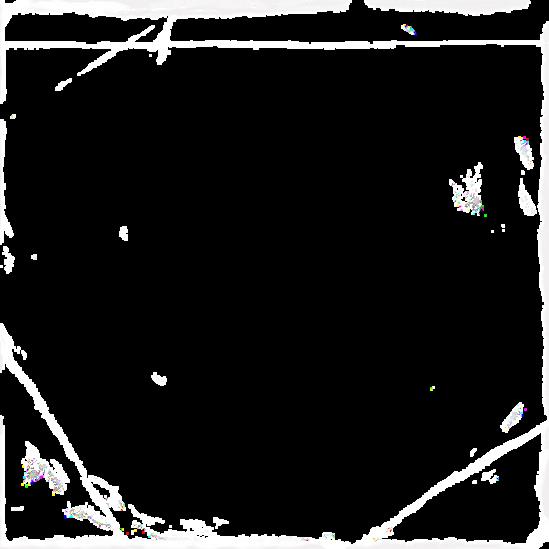

Doing research with faculty and various academic departments
Sitting on a variety of committees at the university that are dedicated to creating a more inclusive environment
Providing scholarships for students as well as financial and material resources for students ranging from assistance with medical bills to textbooks on a case by case basis
Working with “social justice driven organizations in the community”
The center also serves as a physical location for students to connect with each other as well as the larger community
10
WomensCenter Cont.

In addition to this, the center also serves another immensely significant role as a confidential reporting location. Women’s Center professional staff members have all received core victim advocate training. Their role in this capacity is to “support and advocate for students and faculty that have experienced trauma in a variety of ways such as providing them with referrals and serving as advocates if they want to report an incident to the university and proceed with the investigative process.” (Lysa Salsbury)
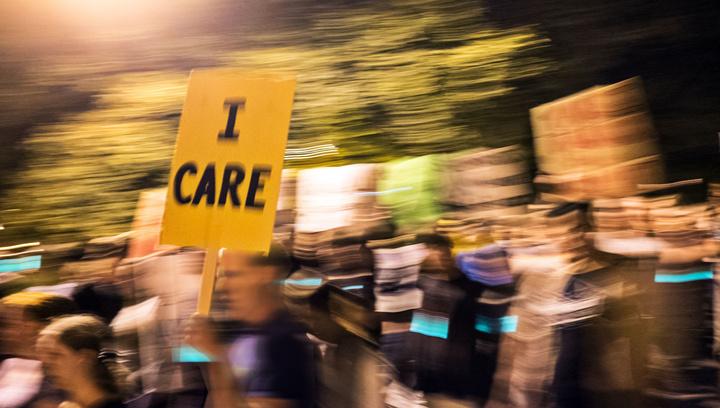
The Women’s Center serves as a crucial and significant resource to the university. Students that are interested in learning more can simply come down to the center located at Memorial Gym Suite 109 to simply hang out in the lounge, use the facilities, and take advantage of the services provided. They can also attend programs and workshops, and student organizations can even ask the center to come out and provide workshops and presentations. There are also opportunities for those who are interested in taking a more active role. Internships with the Women’s Center are offered throughout the year and there is also a volunteer database for those willing to share their time with other students and the community.
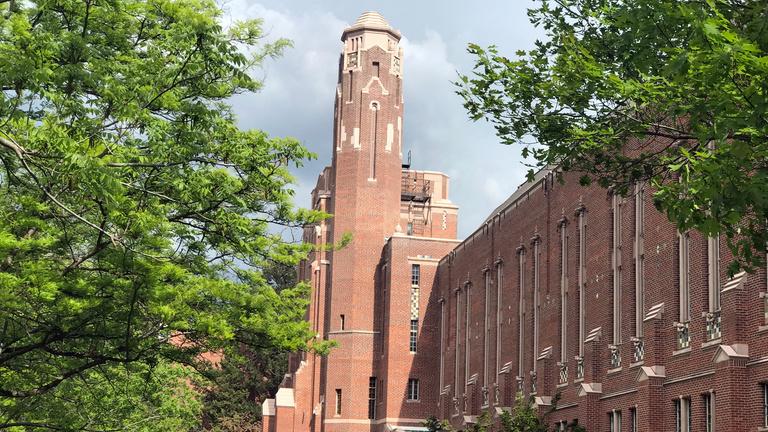
Fall 2022 | The Primary Source 11
TravelingTheWorld
By Edward Payne

Last semester The Primary Source featured an article on Dr. Roy’s study abroad program Gods Heroes and Monsters of Ancient Spain. I am here to report that the experience was one for the books and plans are already in the works to make trips like it an annual event. The first few days were spent in Madrid exploring The Prado, Spain’s national art museum and overcoming jet lag. From here, the group traveled the short distance to the medieval city of Toledo. The students’ experience at the cathedral was one of the most impactful according to Dr. Roy, who stated that despite the fact that it was not even the largest that they visited, “there's something more awe inspiring [about this space] and just watching the awe on their faces as they went into this space was great to see. I saw more evidence of them being blown away there than pretty much anywhere else…” Returning to Madrid, the Royal palace was another favorite of the students. From here the group traveled to Segovia which is known for its first century Roman aqueduct and its “Disneyesque” castle, the Alcázar de Segovia. In Cordoba, the group visited
the Roman sites of Italica and Merida which featured Roman sites dating back to the second century CE. In Seville the students toured yet another royal palace, the Alcazar of Seville also known in Arabic as al-Qasr al-Muriq. With its iconic and breathtaking architecture, the overlapping details hint at the story of the conflict between Islamic and Christian powers in the early Middle Ages as the Iberian Peninsula exchanged hands over the centuries. Of course, no trip to southern Spain would be complete without a trip to the beach, where students were able to enjoy the cool waters of the Mediterranean while taking in views of Africa in the distance.
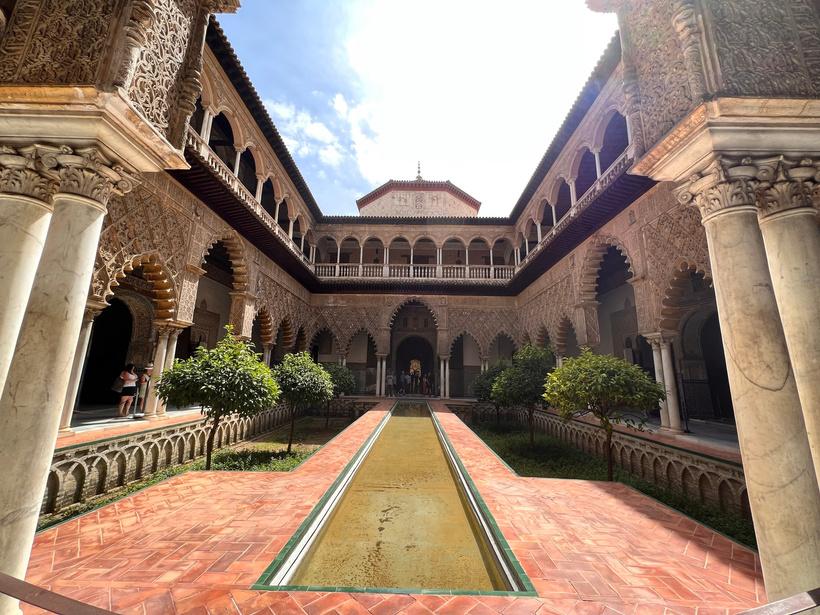
In addition to exploring many of Spain’s famous sites, th three weeks spent in Spain also included some real-world experiences such as taking part in an experimental archeolog study in Sevilla. While the original plan was to help with an archeological excavation, what Dr. Roy described as a “years’ worth of miscommunication” resulted in a different, but nonetheless insightful experience for the students that arrive the site. Rather than working on an archeological dig, they to part in construction and testing of masonry and adobe “half walls” that mimicked the construction techniques of the Phoenician (9th century BCE) period.

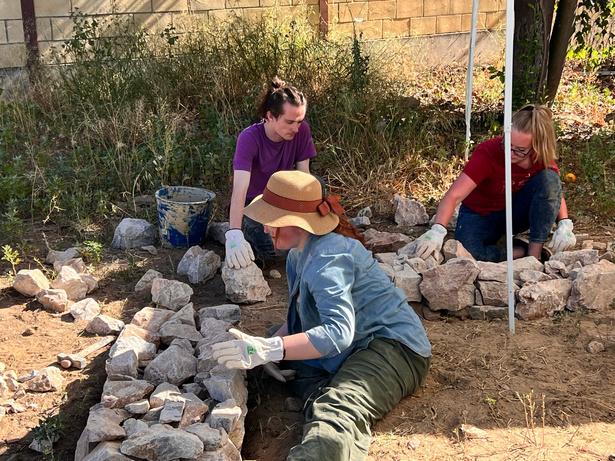

12
TravelingTheWorld(cont.)

These walls were intended to be subjected to a variety of tests and experiments in order to test possible preservation techniques and observe weathering patterns that can prove to be useful in future research and the preservation of already unearthed sites. Although this process found students working with professional architects and a geologist instead of archeologists, it only goes to show the interdisciplinary nature of historical research.
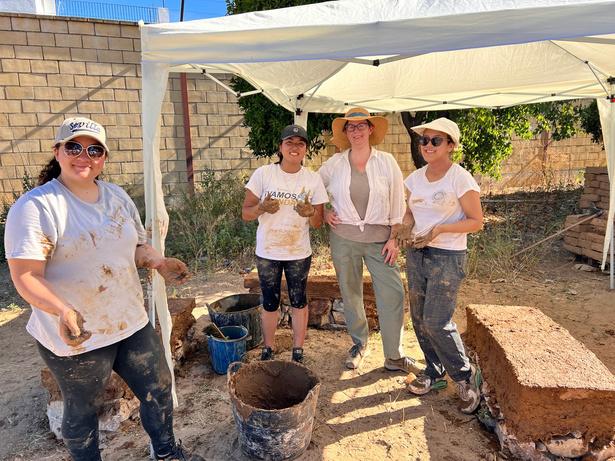
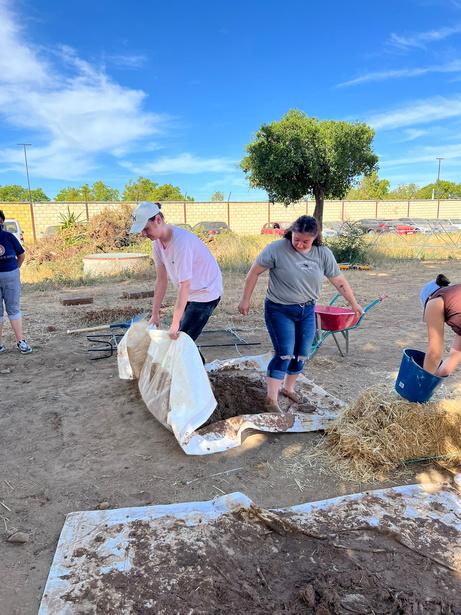
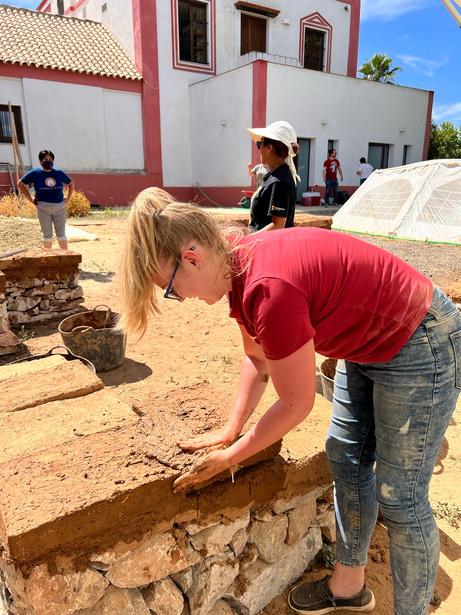
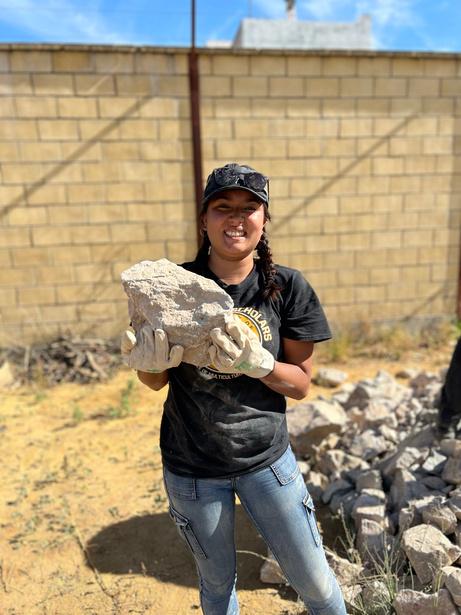
While in Seville, the students were housed with local families. These homestays provided an interesting opportunity to become fully immersed in Spanish life and culture. The experience of one group in particular proved to be the envy of others as they formed a deep and lasting bond with their host family, complete with a tearful goodbye upon their departure. A few months after the trip, these students are still in regular contact with their host family, illustrating the possibilities of unique opportunities such as traveling abroad.
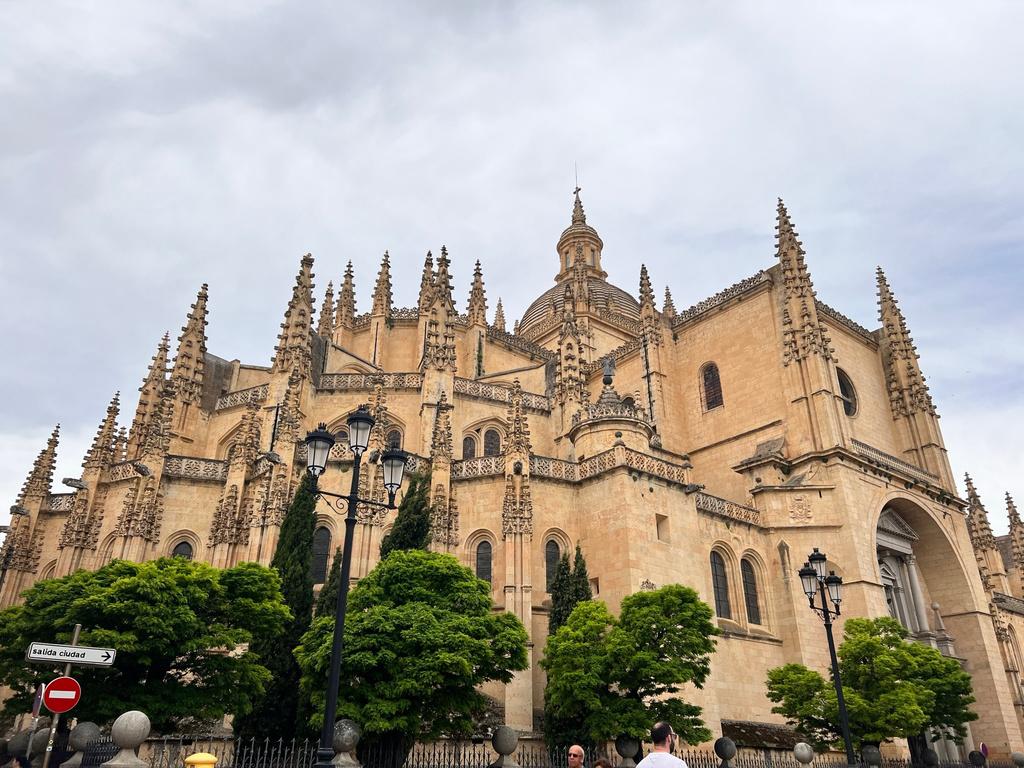
13
TravelingTheWorld(cont.)
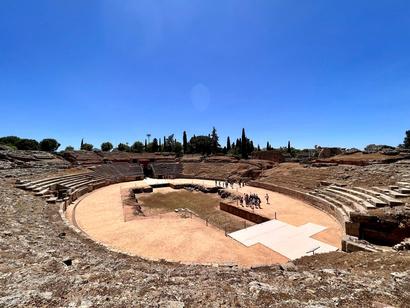
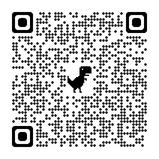
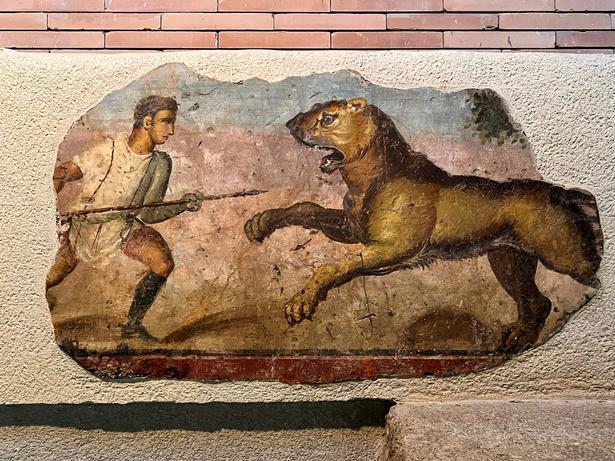

Working off feedback from students and staff alike there will be a few adjustments made to accommodate an even more balanced approach between studying and spending free time in Spain. There too will be plans to take the first few days a little easy to account for jet lag and for students to sort of get their bearings. In addition, the overnight stay in Cordoba will also be extended so that students will have the opportunity to visit one of the Seven Wonders of the World, the Alhambra.
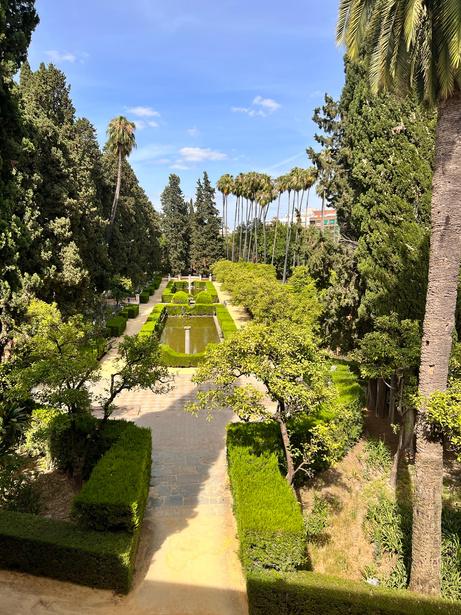
Traveling abroad and being exposed to other cultures, people, and Dr. Roy noted that many expressed a strong desire not only to go back to Spain, but also to travel more in general. She also noted that experiences has a unique way of changing a person for the better. Speaking about these changes, that she observed the students “learn how to be more patient and more adaptable.” In addition, while there might have been some hesitation and reluctance to venture out on their own early in the trip, by the end, most if not all of the students had the confidence to go out and explore on their own. Experiences such as this have a way of opening one's eyes to the opportunities and possibilities that might lay outside our comfort zones. Perhaps one of the most interesting discoveries made on this trip was the personal growth and confidence that came about as a result of this trip. Thenextadventureis plannedtotakeplacenextSummer(May17-June10).Thedeadlinetoapplyis December16sotimeisrunningouttoapplyforthisonceinalifetimeopportunity.

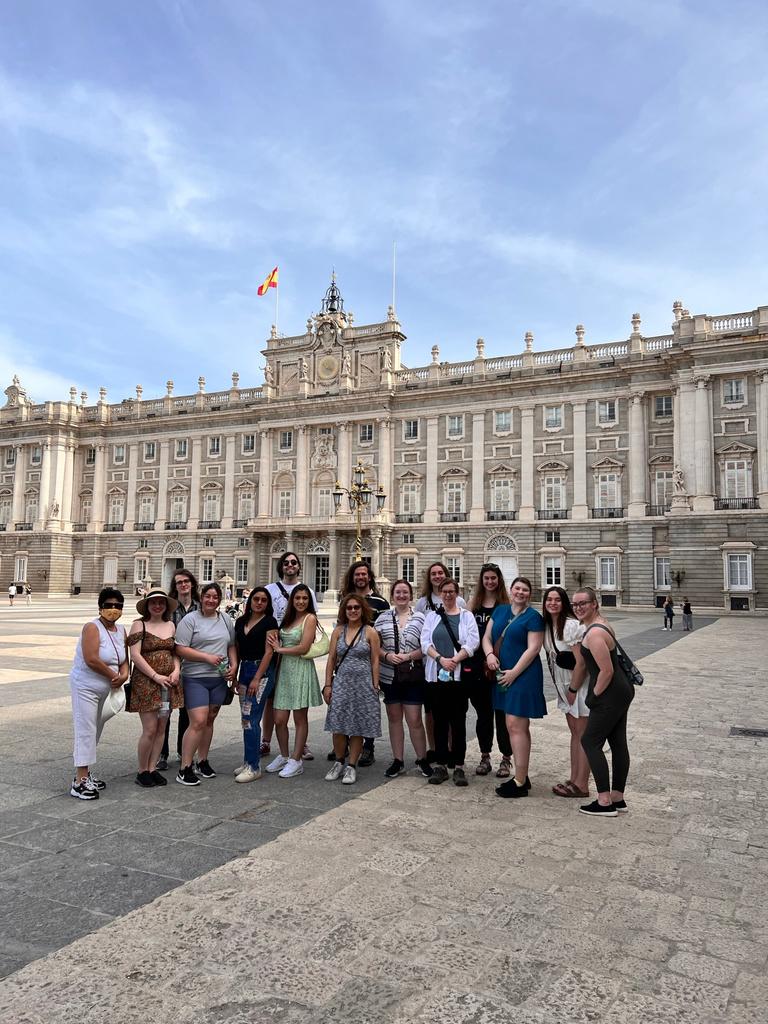
14
HiroshimaSymposium
By Kierra Smith

This past Semester the University of Idaho hosted an event focused on the remembrance of Hiroshima. This week-long event featured multiple talks by experts regarding the aftereffects of the Hiroshima bombing involving the city, art, the environment, and the citizens' experiences. Keiko Ogura, an atomic bomb survivor, was the Keynote speaker and ended the week with her story of survival in Hiroshima's bombing.
The mission of starting this project was to share Keiko Ogura’s testimony with as many people as possible. Keiko had requested on coming to Moscow that she speak to as many people as possible because there are multiple conflicting views on the atomic bombing of Hiroshima and

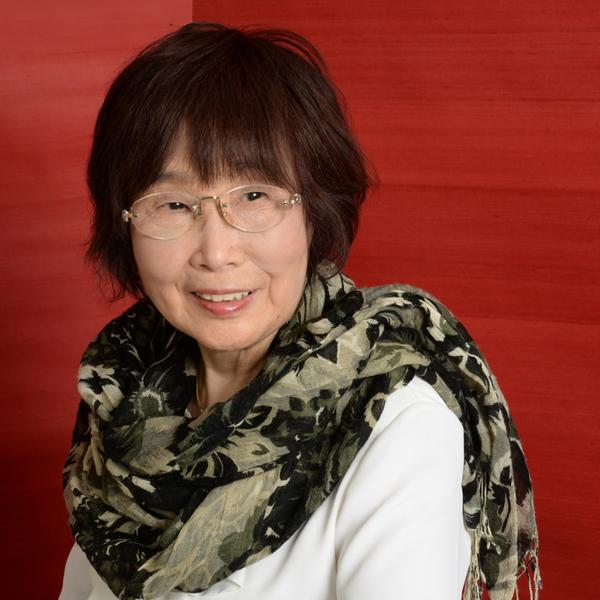
it’s important to bridge those perspectives.
A key theme addressed throughout the Hiroshima series was that of humanity. Speakers talked on groups recovering from the atrocities of Hiroshima, different media like Godzilla that represented those who suffered pain from Nuclear weapons, and new importance on cultural symbols of growth. Every talk at the symposium emphasized realizing the impact of every life involved in the aftermath of the Hiroshima bombing.
Keiko’s talk was very illuminating and emotionally connective. She described her experience in great detail and with the goal of providing the audience true understanding of the consequences of Nuclear Warfare. Her testimony brought not only understanding but also inspiration to students, faculty, and guests on campus on creating a more peaceful world, which is increasingly relevant with the current political movement of the world.
Keiko's talk and more information about the presenters can be found at: https://www.uidaho.edu/class/iai/r emembering-hiroshima
Fall 2022 | The Primary Source 15
LetterFromtheEditors
This semester, you really autumn know how gratefall we have been to edit ThePrimary Source and share news of the Department of History. So much has happened to shape the University of Idaho in the past few semesters, and in turn we have been shaped by those changes as well. New transitions and events are always happening around us and, to quote Ferris Bueller, “Life moves pretty fast. If you don’t stop and look around once in a while, you could miss it." It is often all too easy to get caught up in the hustle and bustle of college life, but we know that we’ll look back someday and miss this moment, so we want to take the time to appreciate it right now. While writing The PrimarySource, we have been surrounded and supported by an astounding group of faculty. In fact, working with and getting to know the faculty in a more professional capacity could very well be the highlight of our college experience. However, the time has come for us to turn over a new leaf, but we know that seasons of change will always bring new and unexpected opportunities (just as fall brings pumpkin spice and everything nice). This fall semester, we say goodbye and may the forest be with you.

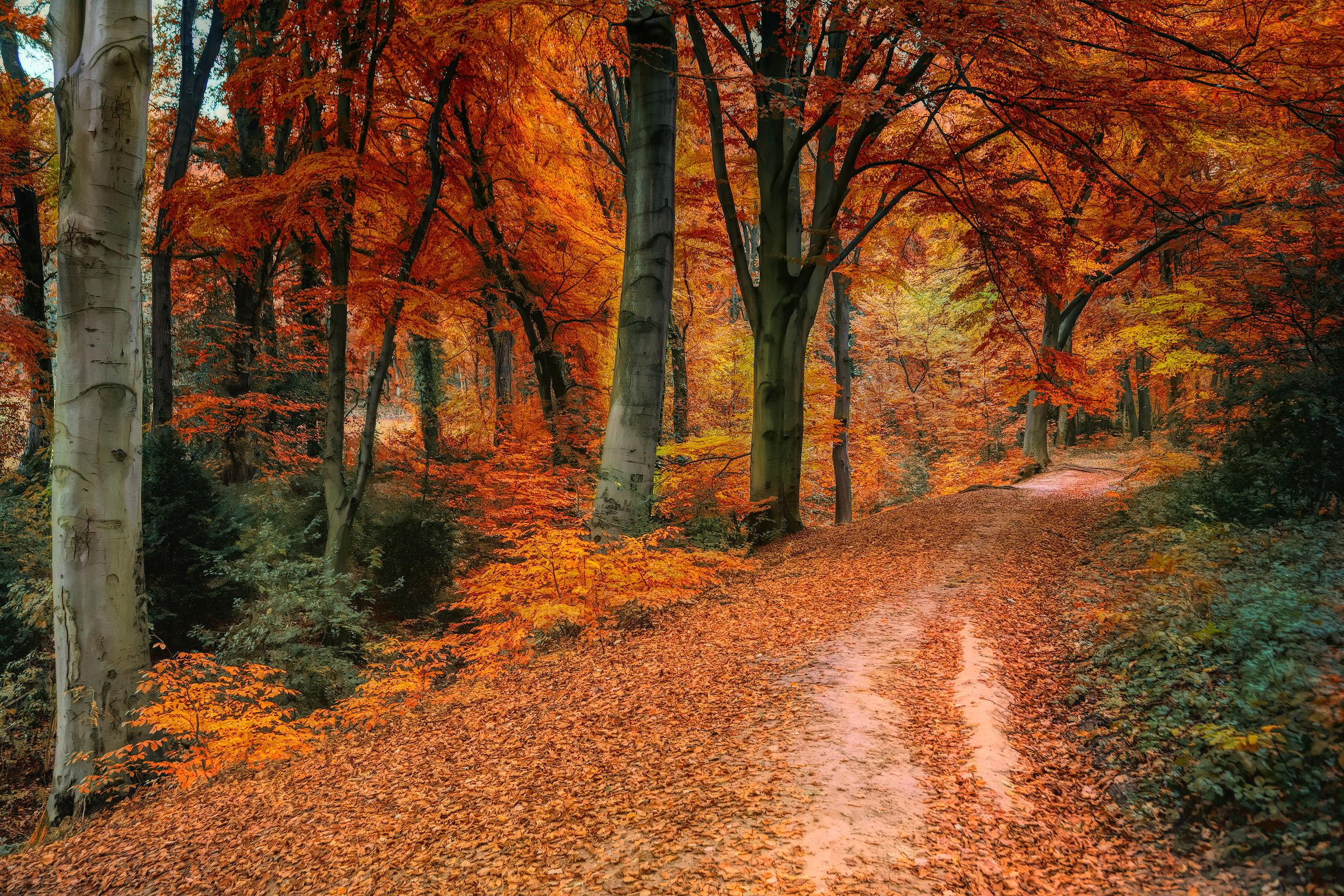 - Eddie and Kierra
- Eddie and Kierra
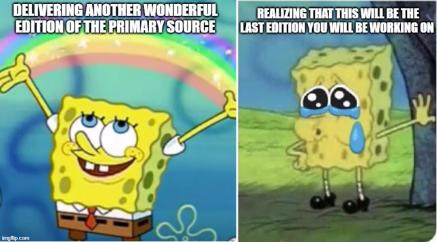
16
FacultyThankYou

We would like to dedicate this issue of the Primary Source to the faculty of the Department of History without whom the events and programs we have written about would be impossible. Their dedication to research as well as their students reaches beyond the classroom and into the world. So many of the faculty members are not only professors, but also engaged in relevant and impactful research in the field of history for the betterment of society. We would also like to extend a special thank you to Dr. Scofield and Dr. Fox-Amato who, for the past three semesters, have offered countless suggestions, edits, and have been a source of inspiration in creating this newsletter.
Faculty,
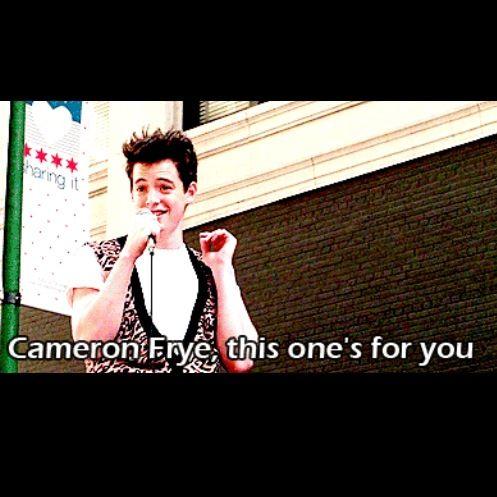
Fall 2022 | The Primary Source 17
In the wake of the
we at the Primary Source wish their families and friends as well as all those in the UI community support in this time of grief.
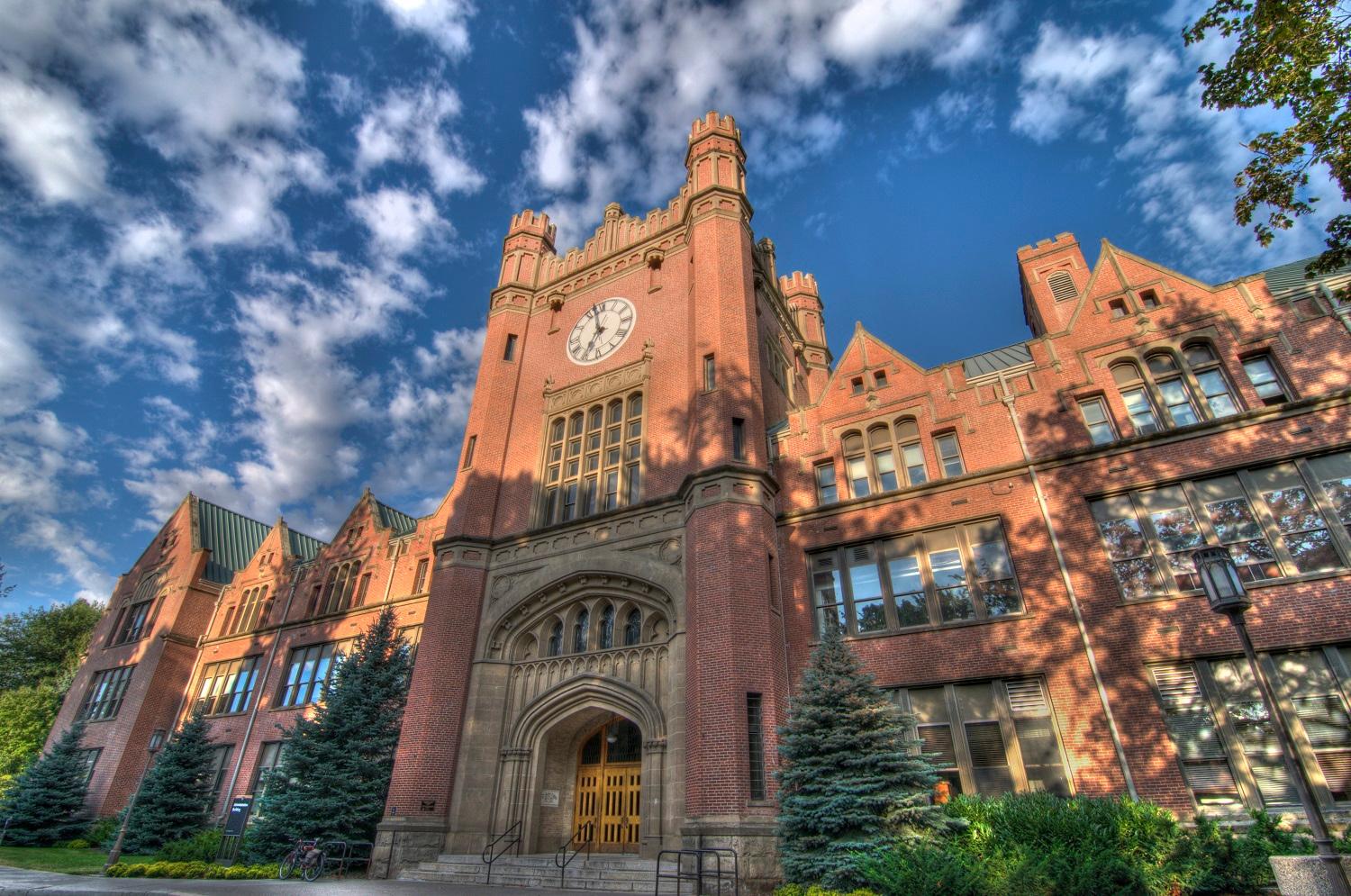 tragic deaths of Madison Mogen, Kaylee Goncalves, Xana Kernodle, and Ethan Chapin,
tragic deaths of Madison Mogen, Kaylee Goncalves, Xana Kernodle, and Ethan Chapin,


 By Edward Payne and Kierra Smith The Department of History
By Edward Payne and Kierra Smith The Department of History


 ~Howard Zinn
~Howard Zinn






































 - Eddie and Kierra
- Eddie and Kierra


 tragic deaths of Madison Mogen, Kaylee Goncalves, Xana Kernodle, and Ethan Chapin,
tragic deaths of Madison Mogen, Kaylee Goncalves, Xana Kernodle, and Ethan Chapin,